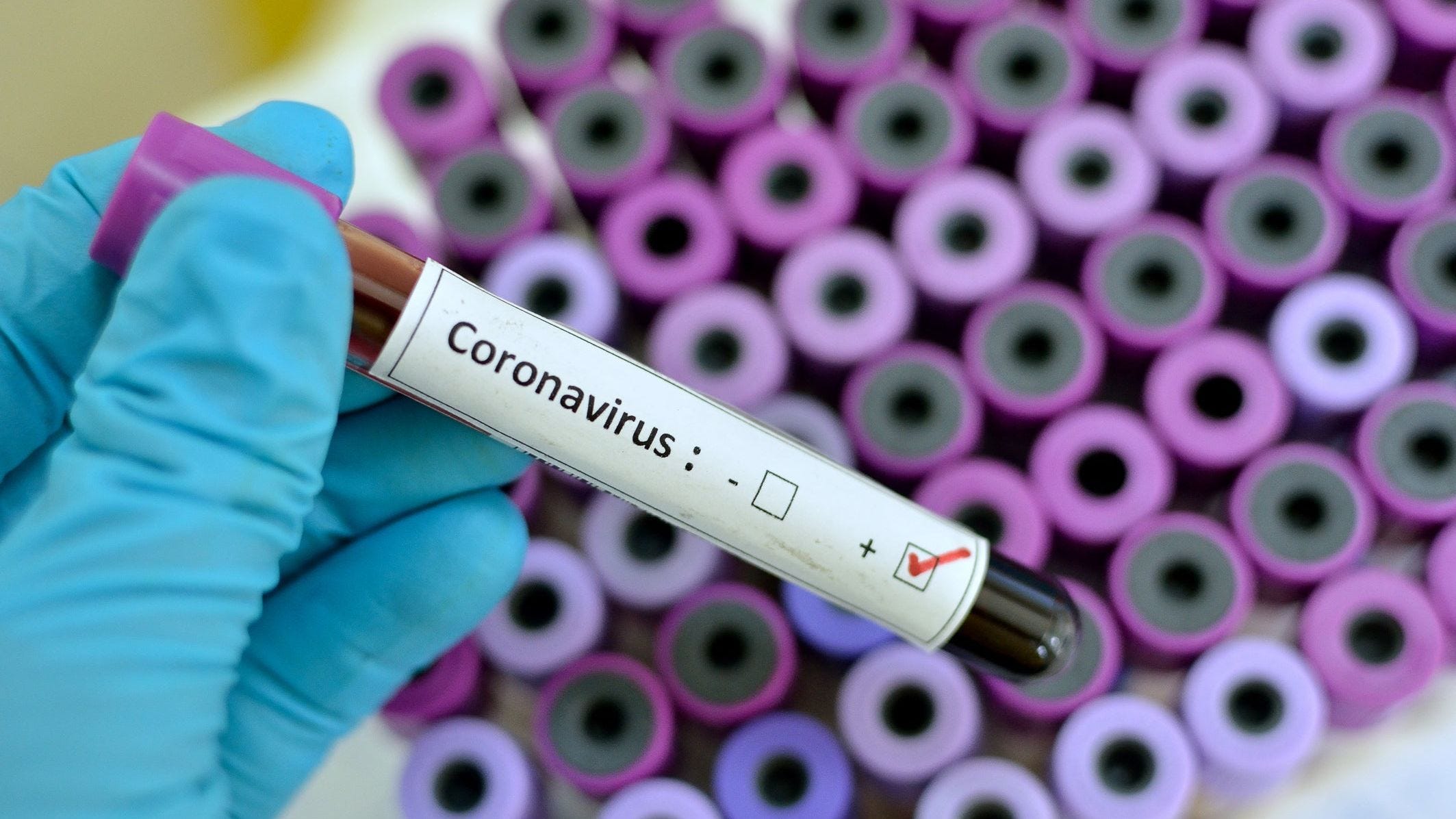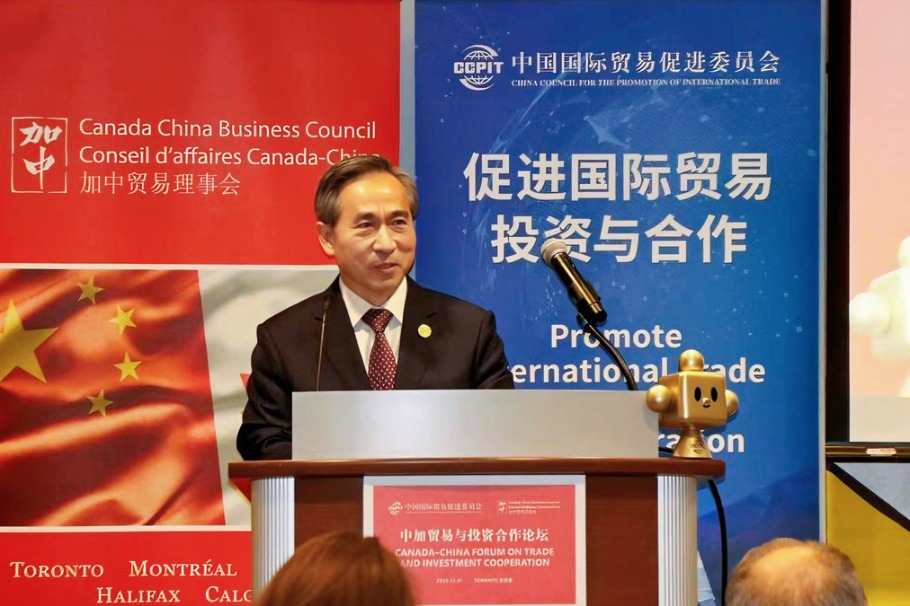Third of Britons unsure they will take COVID-19 vaccination


More than a third of people in the United Kingdom and half in the United States say they are unsure if they will agree to vaccination against the novel coronavirus, prompting British academics to call for a coordinated program to combat anti-vax misinformation.
Skepticism towards inoculation as well as widespread consumption of dubious media conspire to undermine future COVID-19 vaccination campaigns, according to a new report from the Royal Society and the British Academy.
In the UK, 36 percent of people are "uncertain or unlikely" to agree to a COVID-19 vaccine, according to a research led by Oxford University sociologist Melinda Mills, with that figure rising to 51 percent in the US.
The report estimates that vaccine coverage of around 80 percent will be required to achieve herd immunity and protect communities from infection, depending on vaccine efficacy and the duration of protection.
"Online scare stories and misinformed concern over a COVID-19 vaccination are a threat to take-up," said Mills, who authored the review on behalf of Science in Emergencies Tasking – COVID-19, or SET-C, which is a committee established by the Royal Society.
Mills said there is an urgent need to begin a "transparent dialogue" with the general public about vaccine deployment, which respects "emotions and real concerns", as opposed to a "one-way information supply".
"We need to move away from the one-way provision of information and generate an open dialogue that addresses misinformation and does not dismiss people's real vaccine concerns and hesitancy," she said. "And, critically, when the time comes, we need to make vaccination itself convenient."
The report identified several factors that characterize the so-called "misinformation infodemic" around COVID-19. These include: distrust of science; selective use of expert authority; distrust in pharmaceutical companies and government; and online echo chambers, where individuals insulate themselves from information or perspectives that may challenge their opinions.
Anti-vax groups often include conservative libertarians, who are wary of state power, as well as those who are sceptical of medical research and prefer health remedies directly derived from nature. But Mills said that there is a good level of diversity among vaccine sceptics, and recommended an emphasis on the dissemination of accurate, reliable information, as opposed to simply confronting conspiracy theories head on.
"It is important to address the need for information, rather than becoming embroiled in refuting groundless internet theories," she said.
The World Health Organization has repeatedly warned of the harmful impact of misinformation since the pandemic commenced.
A survey of five nations published last month by Cambridge University revealed some of the common conspiracy theories that have proliferated following the emergence of COVID-19.
In Mexico, 22 percent of respondents believed that the pandemic is "part of a plot to enforce global vaccination", along with 18 percent in Ireland, Spain and the US, and 13 percent in the UK.
The conspiracy theory that electromagnetic fields from 5G telecommunications towers make COVID-19 symptoms worse was also held by a sizable minority in each nation 16 percent in Mexico and Spain, 12 percent in Ireland, and 8 percent in both the UK and the US.
































